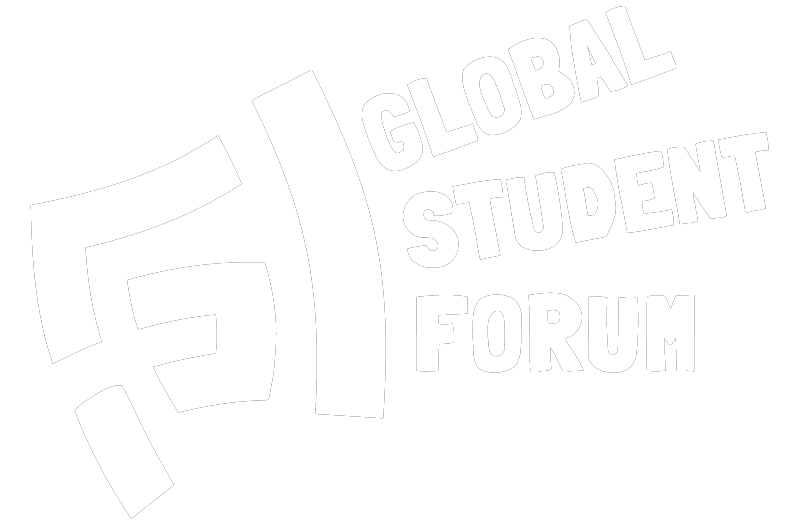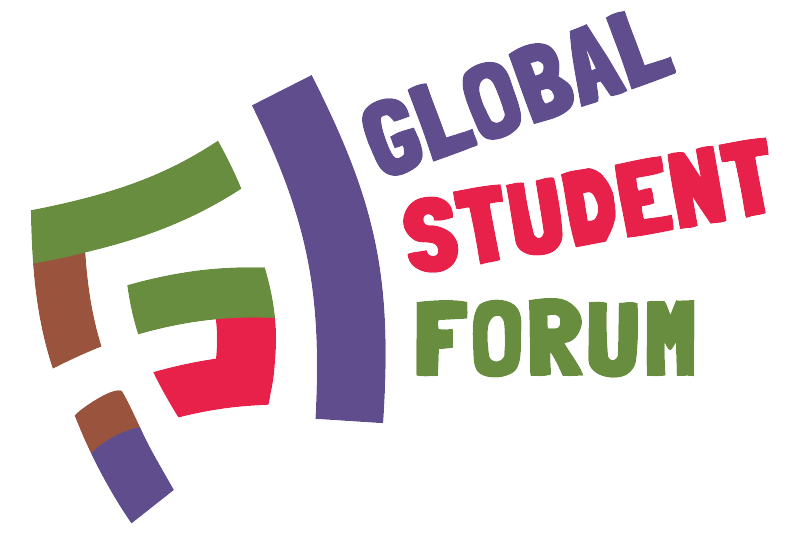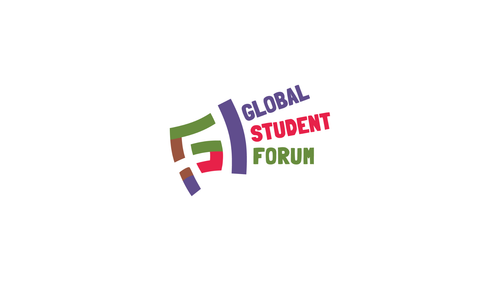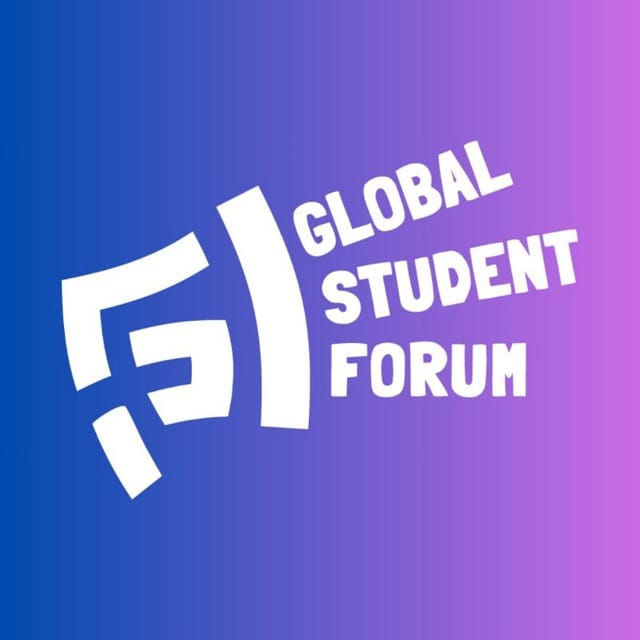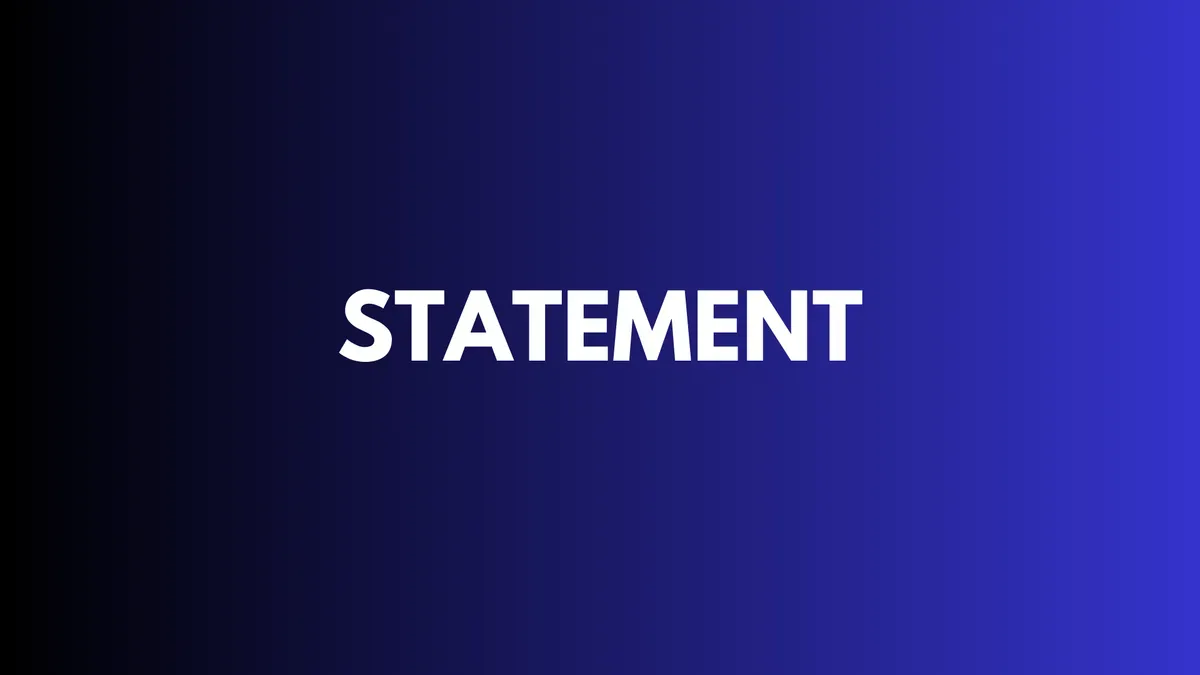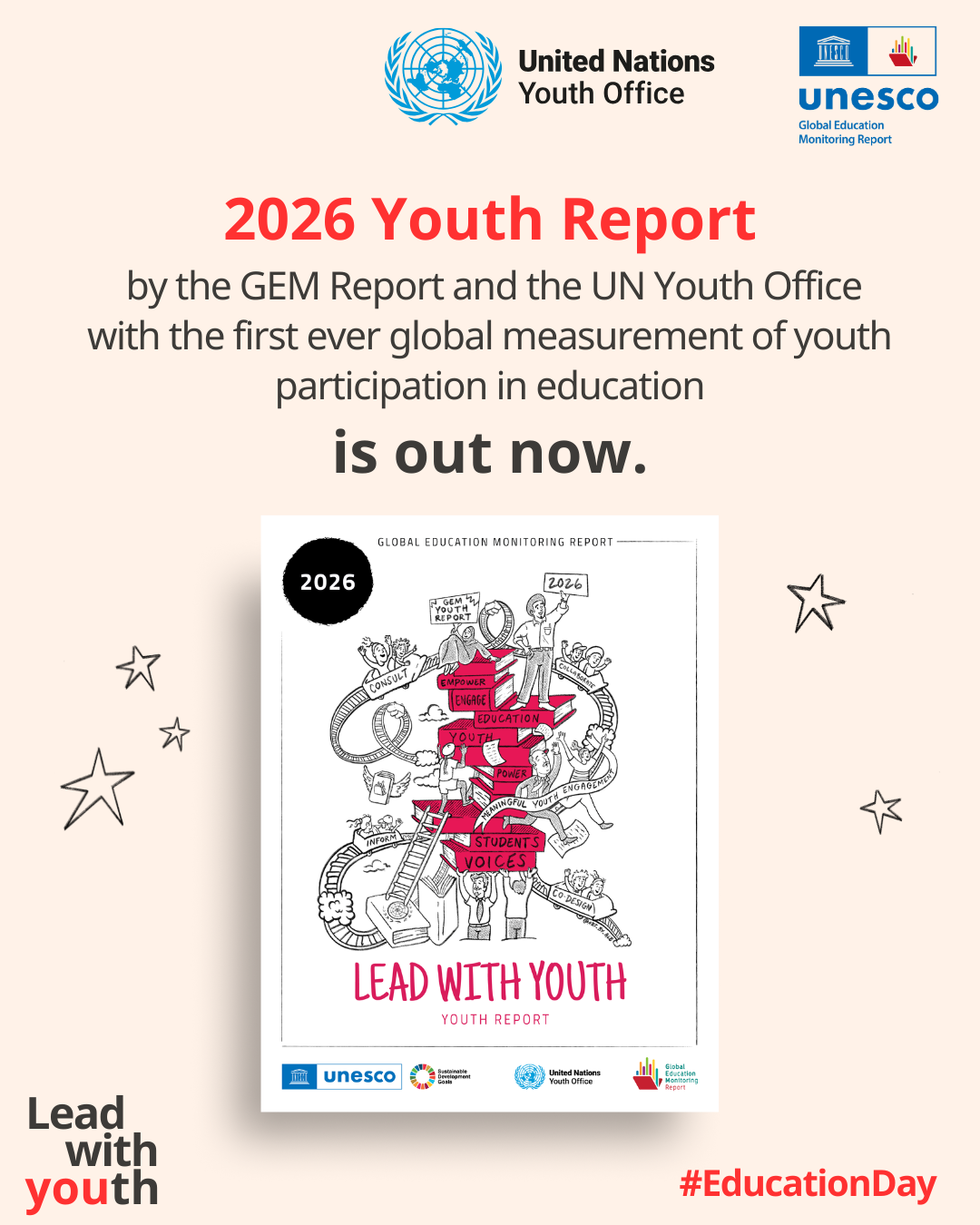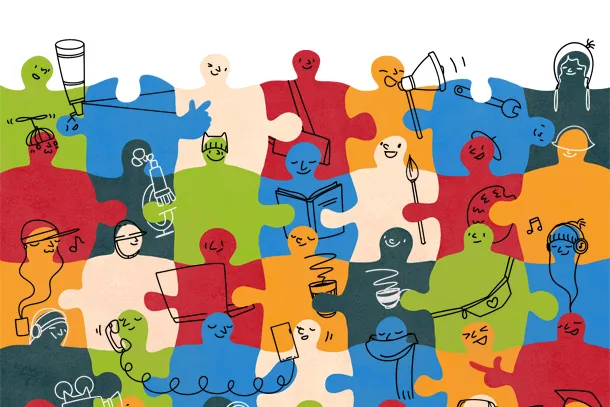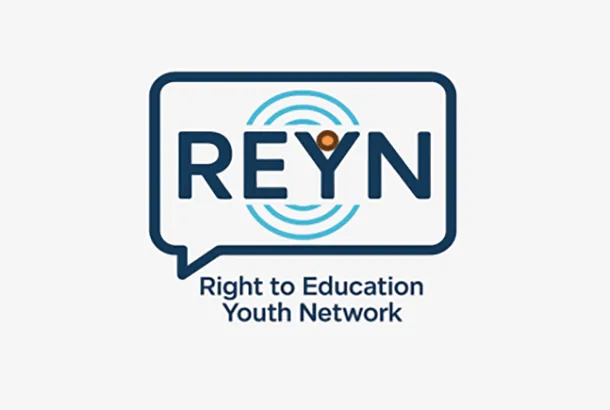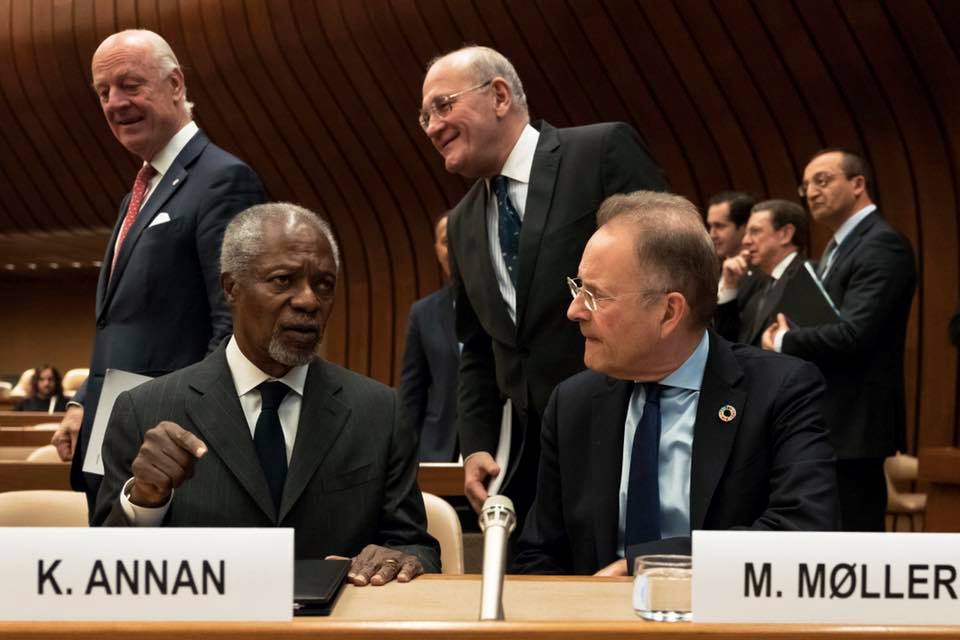As governments, international institutions and civil society convene in Doha for the World Social Summit 2025, the Global Student Forum (GSF) calls for a renewed global commitment to education as a cornerstone of social justice and equality. The Summit revisits the principles of the 1995 Copenhagen Declaration, eradicating poverty, achieving full and productive employment, and fostering social inclusion, but it must do so with today’s realities and with students at its core.
In preparation for the Summit, GSF gathered student representatives and union leaders from every region for an open consultation under the theme “Students at the Center: Access to Education and Equality for Social Justice.” The discussion reaffirmed that social development cannot be achieved without accessible, equitable, and publicly funded education systems that empower students to participate fully in society.
Students shared urgent concerns about barriers to education access, rising tuition fees, inadequate scholarships, inaccessible infrastructure, discrimination, and the marketization of higher education. They described how financial insecurity, displacement, violence, and political instability are forcing many out of classrooms. Others noted that recognition of qualifications across borders remains a persistent obstacle to inclusion and mobility, particularly affecting displaced and refugee students.
Across regions, participants emphasized that public investment in education must be at the heart of any new social compact. Privatization trends are deepening inequality, limiting access, and undermining the social purpose of education as a common good. Governments must ensure that social protection, decent work, and access to lifelong learning remain interlinked priorities, supported by progressive financing mechanisms and fair taxation.
The Global Student Forum also highlights the democratic deficit in international processes that affect education policy. Students are often excluded from decision-making spaces, or invited as individuals rather than through representative bodies. Real progress requires a seat for democratically organized student unions at every level, from national consultations to UN-led review mechanisms, ensuring accountability and genuine participation.
We call on Member States and the United Nations to:
- Adopt and implement the Political Declaration of the World Social Summit with clear commitments to inclusive, publicly funded education as a foundation for social justice.
- Guarantee the right to education for all, including refugees, displaced persons, and persons with disabilities, without discrimination or financial barriers.
- Integrate student participation into social development planning, implementation, and follow-up processes.
- Protect higher education as a public good, ensuring that universities and colleges serve democratic, social, and scientific purposes rather than profit motives.
- Ensure decent work and fair social protection for students and graduates, recognizing education as both a right and a pathway to dignity.
- Defend academic freedom and protect student activists from intimidation, violence, and political repression.
As the world gathers in Doha to shape a new era of social development, the Global Student Forum reminds leaders that students are not beneficiaries of change, they are agents of it. Social justice begins in classrooms, campuses, and communities where young people learn to build the future together.
Education is the foundation of equality. Students must be at the center of the global social agenda.
Students leaders and representatives from the following countries and territories participated in the consultation meeting or provided written input for this statement: Algeria, Bangladesh, Belgium, Brazil, Colombia, Croatia, Czech Republic, Denmark, Dominican Republic, Egypt, Ethiopia, Finland, France, Gambia, Germany, Ghana, India, Ireland, Israel, Kenya, Lithuania, Morocco, Nigeria, Norway, Papua New Guinea, Portugal, Romania, Sierra Leone, South Africa, South Sudan, United States, Uganda, Western Sahara, Zimbabwe
